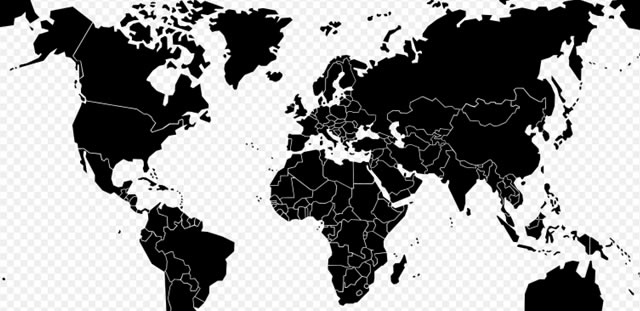Stamp: Map of South America without borderlines, ovpt. (Argentina 1945)
Map of South America without borderlines, ovpt. (Argentina 1945)
01 January (Argentina ) within release Official goes into circulation Stamp Map of South America without borderlines, ovpt. face value 1 Argentine peso moneda nacional
| Stamp Map of South America without borderlines, ovpt. in catalogues | |
|---|---|
| Gz (Cefiloza): | Gz: AR O563B |
Stamp is vertical format.
Typographic overprint SERVICIO OFICIAL, 12¼ mm longAlso in the issue Official:
- Stamp - Martín Miguel de Güemes (1785-1821), ovpt. face value 15;
- Stamp - Map of South America without borderlines, ovpt. face value 1;
- Stamp - Martín Miguel de Güemes (1785-1821), ovpt. face value 15;
- Stamp - Map of South America without borderlines, ovpt. face value 1;
- Stamp - Nartín Miguel de Güemes (1785-1821), ovpt. face value 15;
Stamp Map of South America without borderlines, ovpt. it reflects the thematic directions:
A geographer is a physical scientist, social scientist or humanist whose area of study is geography, the study of Earth's natural environment and human society, including how society and nature interacts. The Greek prefix "geo" means "earth" and the Greek suffix, "graphy", meaning "description", so a geographer is someone who studies the earth. The word "geography" is a Middle French word that is believed to have been first used in 1540
A map is a symbolic depiction emphasizing relationships between elements of some space, such as objects, regions, or themes. Many maps are static, fixed to paper or some other durable medium, while others are dynamic or interactive. Although most commonly used to depict geography, maps may represent any space, real or imagined, without regard to context or scale, such as in brain mapping, DNA mapping, or computer network topology mapping. The space being mapped may be two dimensional, such as the surface of the earth, three dimensional, such as the interior of the earth, or even more abstract spaces of any dimension, such as arise in modeling phenomena having many independent variables. Although the earliest maps known are of the heavens, geographic maps of territory have a very long tradition and exist from ancient times. The word "map" comes from the medieval Latin Mappa mundi, wherein mappa meant napkin or cloth and mundi the world. Thus, "map" became the shortened term referring to a two-dimensional representation of the surface of the world.


